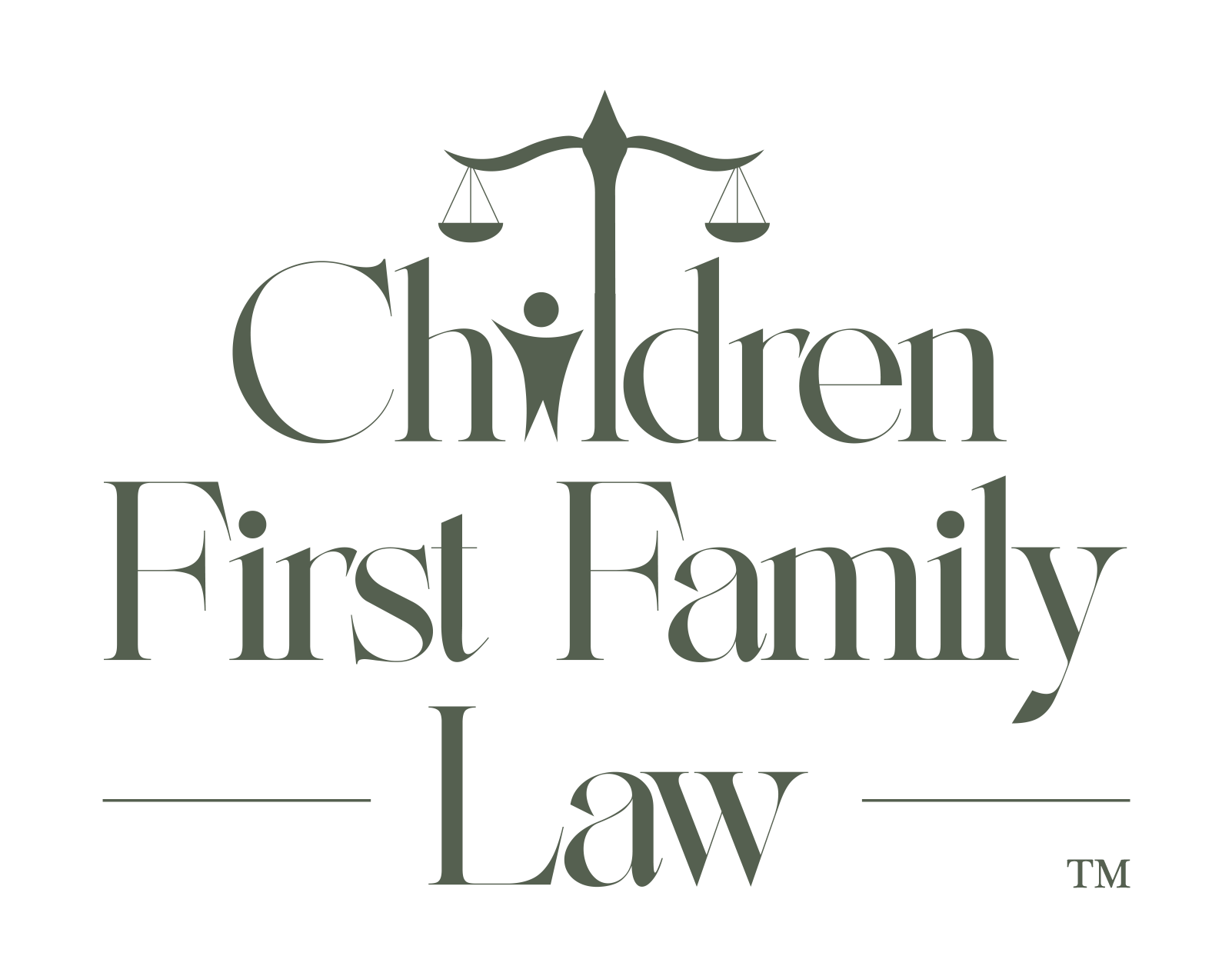Breaking the news of divorce to children is often one of the most heart-wrenching conversations a parent must navigate. In Episode 49 of the Children First Family Law podcast, Krista Nash sits down with parenting expert Christina McGhee to offer guidance that is both deeply compassionate and firmly grounded in best practices.
Why This Conversation Matters
Children’s emotional safety depends on clarity and stability—even when family structures are changing. Krista and Christina emphasize that parents must prepare and plan before talking to their kids. It’s not merely about relaying facts—it’s about crafting a moment that minimizes confusion, fear, and unintended emotional burden.
Key Strategies for Telling Your Kids
- Use clear, age-appropriate language. Avoid vague phrases—say “divorce” in a way your child can understand.
- Frame it as change, not loss. Reassure children that the family structure is changing—not their love or support—and that they belong in both homes.
- Avoid turning children into confidants. They shouldn’t shoulder blame, worry, or adult conflicts.
Christina also walks through what to expect at different developmental stages—how toddlers, school-age children, and teens process this news differently, and how parents can adapt their language and responses accordingly.
Co-Parenting Alignment Is Crucial
Before telling children, parents need to speak with one united voice to avoid mixed messaging that can create insecurity or confusion. Krista and Christina also explore how parents can handle follow-up questions, like “Why,” while preserving emotional boundaries and keeping the conversation ongoing—not a one-time event.
What You’ll Take Away
This episode offers more than theory—it gives actionable tools for parents: scripting your message, practicing with a co-parent or counselor, and determining the right timing and setting. It reinforces that delivering such news is tough, but with empathy, intention, and preparation, you can help your children feel seen, secure, and loved.
Why This Matters for Co-Parents and Professionals
While the conversation primarily supports parents, it’s equally valuable for legal professionals, mediators, and therapists. Understanding how kids are informed can inform custody planning, protection orders, and parenting coordination—always with the child’s emotional well-being at the forefront.
If you want to learn more about the Children First Family Law Podcast, check out www.childrenfirstfamilylaw.com/how-to-tell-kids-about-divorce-with-parenting-expert-christina-mcghee
